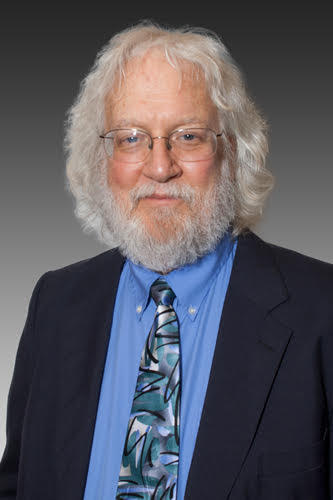Do’s and Don’ts of Documenting Employee Behavior, Performance, and Discipline
Speaker: Steven G. Meilleur, Ph.D., SPHR
Speaker Designation: President/CEO, PRAXIS Management Solutions, LLC

Speaker: Steven G. Meilleur, Ph.D., SPHR
Speaker Designation: President/CEO, PRAXIS Management Solutions, LLC

Badly worded documentation and suspiciously timed administration are at a minimum problematic and at worst, hard to justify in employment claims. Inconsistent documentation, which may be just bad management practices, can cause employment claims from suspicious employees.
Considering that writing ill-suited documentation and administering inconsistent discipline is generally carried out by managers who practice a host of other bad management habits; taken together the factors create a situation akin to a compliance powder keg waiting to explode.
The absence of solid documentation is the single most common mistake employers make when handling employee performance, behavior, and discipline issues. Not properly documenting, or not documenting at all, can hurt employers in several ways.
Documentation can make or break a manager's ability to discipline, terminate, fairly promote, reward, and recognize employees.
From a business perspective, training management employees how to write documentation and how to use the tools of employee development is undoubtedly the easiest and cheapest thing an employer can do to stave off unwarranted employment claims and avoid losing valuable employees.
From an HR perspective, training managers in the basics of HR compliance can help to defend against a whole host of unwarranted employment claims, including those that often begin from miscommunication, misinformation, and mismanagement.
This webinar will assist you in understanding what to do and not do when documenting an employee's performance. Termination is one of the most difficult things a manager must do and that is why managers give leniency on performance. Documentation of the employee's performance is critical and can make the difference between a defense verdict and a large jury award.
Documenting employee behavior, performance, and discipline is a critical component of effective human resources management. Proper documentation helps ensure clarity, fairness, and legal compliance while supporting the development and well-being of employees. By following the do’s and avoiding the don’ts, organizations can ensure that their documentation practices support both organizational goals and employee growth.

Steven G. Meilleur, Ph.D., SPHR – is President, CEO – PRAXIS Management Solutions, LLC, a New Mexico-based management consulting firm specializing in human resources, employee relations, leadership, training & organizational development, organizational research and assessment, strategic & operational planning, and non-profit organization management and governance. Dr. Meilleur has more than 40 years of management and executive-level experience in human resources, risk management, and organizational management in the private non-profit, public, and private for-profit sectors.
Dr. Meilleur also serves as Senior Vice-President and Risk Services Consultant for Human Resources and Employment with Poms & Associates, a national risk services and insurance brokerage firm. His previous work experience includes public, private, and nonprofit organizations, in executive and management capacities.
He is also on the faculty of the University of New Mexico School of Public Administration in the graduate program, teaching in the areas of human resource management, nonprofit organization management, leadership, dispute resolution, organizational change, and human resource development. He has spoken at numerous conferences and workshops across the country and is a published author in the areas of human resources, marketing, leadership and management development, organizational change and innovation, non-profit organization management, and board development.
Dr. Meilleur received a BA in English Literature and Education from Bucknell University, an Executive MBA from the University of New Mexico’s Anderson Graduate School of Management, and his Ph.D. in Leadership and Organizational Learning from UNM. He received his certification as a Senior Professional in Human Resources (SPHR) by the Society for Human Resource Management in 1995.